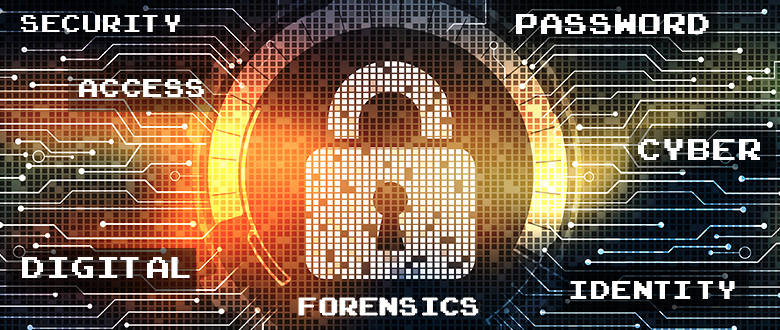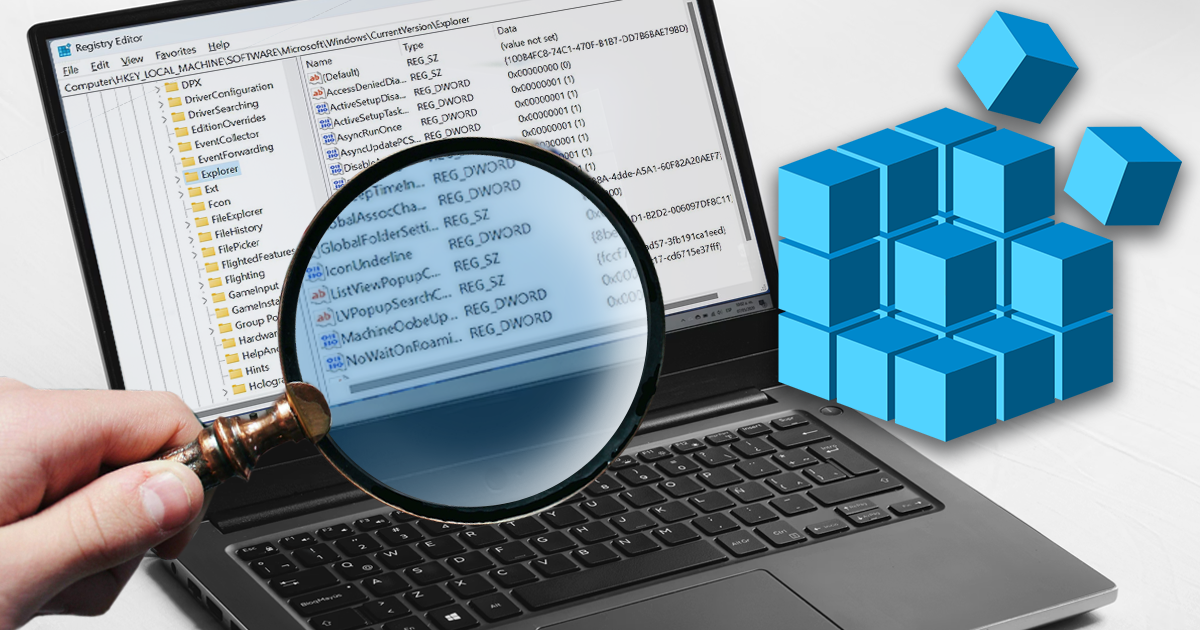Apple accounts are used in mobile forensics for sideloading third-party apps such as our own low-level extraction agent. Enrolling an Apple ID into Apple Developer Program has tangible benefits for experts, but are they worth the investment? Some years back, it was a reassuring “yes”. Today, it’s not as simple. Let’s delve into the benefits and limitations of Apple Developer accounts in the context of mobile forensics.
iOS Forensic Toolkit comes in three flavors, available in macOS, Windows, and Linux editions. What is the difference between these edition, in what ways is one better than the other, and which edition to choose for everyday work? Read along to find out.
Twelve years ago, we introduced an innovative way of accessing iPhone user data, retrieving iPhone backups straight from Apple iCloud. As our iCloud extraction technology celebrates its twelfth anniversary, it’s a fitting moment to reflect on the reactions it has provoked within the IT community. Let us commemorate the birth of the cloud extraction technology, recap the initial reactions from the forensic community, and talk about where this technology stands today.
Forensic acquisition using Elcomsoft iOS Forensic Toolkit (EIFT) has undergone significant changes over the last few years. The earlier major branch, EIFT 7, was a carefully crafted but Windows-only script that automated the use of several bundled tools and guided the user without requiring them to know how to use each of them individually. EIFT 8 brought many new features, a more powerful interface and widespread support for new devices and host operating systems. Due to restrictions and challenges, not all features were immediately available on all platforms. There are still some minor differences in features between Windows, Linux, and macOS versions of the tool.


